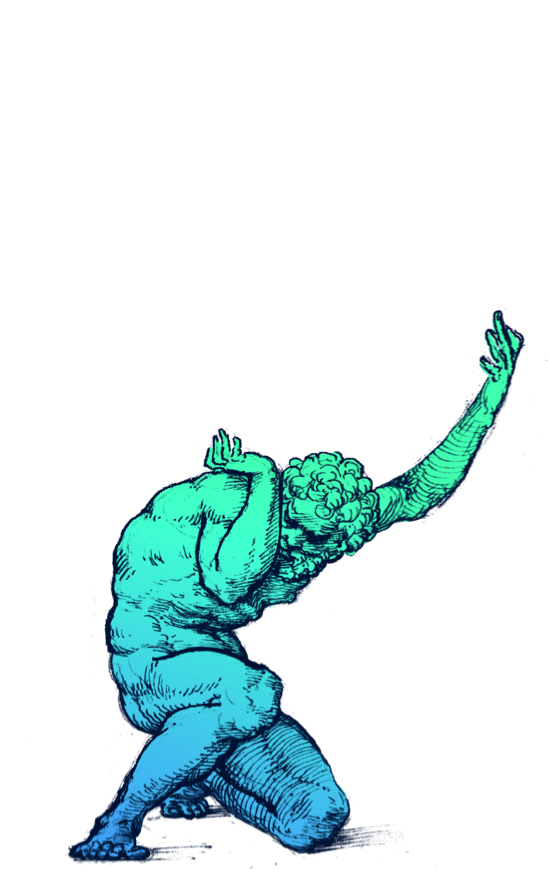10:26
Beth Comstock
I know. And my guess is Jasmine that even some of your investors think it's that easy. I found I think calling especially on business clients, especially for companies that haven't had that background, even for companies that have it's really hard. I did in my work at GE and in other places I often oversaw sales teams that had to sell a new product to a new customer or a new product to existing customers. And my rule of thumb was always for big established companies it took a minimum of 12 to 18 months to sell a new suite of software, a new product. And that was even existing customers that we already had. And that usually drives people crazy to think that it takes so long. I would have people come to me and say, "Well, how can I speed that up?" I'm like, "Well, maybe you'll get lucky, but that's just been my experience." And what is Jasmine working against? I mean, one it is even if people recognize the need and I'm sure it sounds like, I mean, kudos to you. You got the Atlanta Airport, what a huge contract. And when I say that's usually the first step is to get you get your first customer and they become your demonstration customer. So other people say, "Hey, the airport's done it. Why can't we do it." That often is your hardest to get that first big demonstration customer. You need to find a champion in that existing company. It takes time. The champion then has to go and work through different systems because there's not really a motivation for people to change how they're doing their business. They're getting incented on how they do things. So you're just working on change on so many different dynamics, but if started your own company Josh you have to, I mean, if Jasmine showed up at your door, wouldn't that be one of the questions you'd be asking her like, "How can you do this?"
